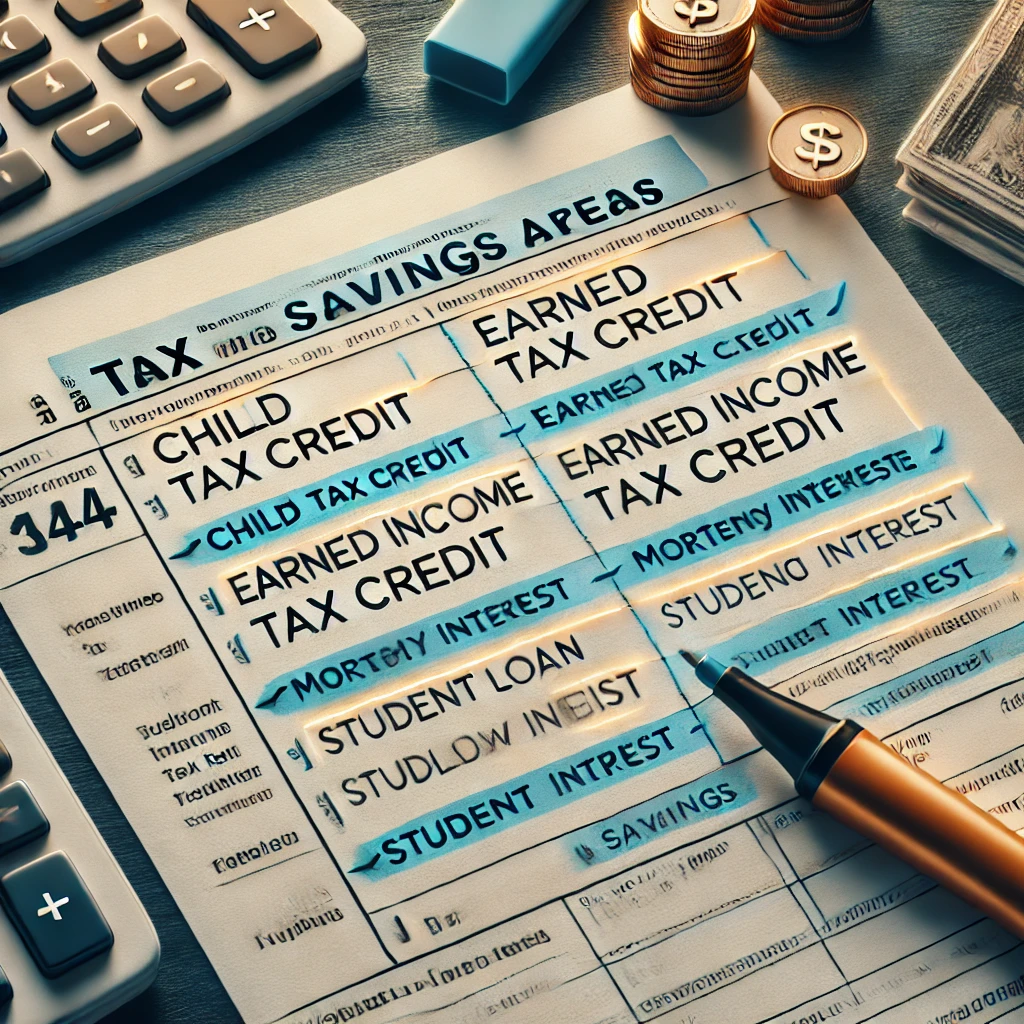
Welcome back, hermanos!
As young Latinos in the U.S., we know that starting a professional life and building a secure future often comes with a new level of financial complexity. Filing taxes is one of those major rites of passage. If the thought of it feels like a stressful chore, you’re not alone. We’re here to help demystify the process, starting with the very first step: gathering your essential documents.
For our community, getting this right is critical. We are a crucial, growing segment of the American workforce: in 2023, the labor force participation rate for Latinos ages 16 and up was 67%, which was higher than the national average of 63% (Treasury Department, Hispanic Heritage Month – Equity Hub Factsheet). Navigating the system requires clear, organized preparation. The key to an accurate, stress-free tax season is organization, and it starts long before the April deadline.
Let’s focus on the American tax year and the critical forms you need to collect for filing.
The Essential U.S. Tax Documents: Your Personal Checklist
The IRS requires specific forms that act as a report card for your income and potential deductions. Knowing what they are, and where to find them, puts you in control.
| Document Name | What It Is & Why It Matters |
| W-2 Form (Wage and Tax Statement) | This is the most crucial form for employees. It details your annual wages and the federal, state, and local taxes your employer withheld throughout the year. You cannot file accurately without it. |
| 1099 Forms | These report various types of non-employee income. They are increasingly important for our generation as many of us take on side hustles, gig work, or freelance projects. |
| 1099-NEC (Nonemployee Compensation) | If you did freelance or contract work and were paid over $\$600$ by one client. |
| 1099-INT (Interest Income) | For interest earned on your savings accounts, CDs, or money market accounts. |
| 1099-DIV (Dividends and Distributions) | For dividends earned on any investments you hold (stocks, mutual funds). |
| 1099-K (Payment Card and Third-Party Network Transactions) | Reports income from online payment platforms (like services that process payments for selling goods or services) if you meet certain thresholds. |
| Form 1098-T (Tuition Statement) | If you or a dependent were enrolled in higher education during the year, this form allows you to claim valuable education credits and deductions. |
| Form 1098 (Mortgage Interest Statement) | If you’ve achieved the big milestone of becoming a homeowner, this form reports the interest you paid on your U.S. mortgage, which is often a significant deduction. |
| Last Year’s Tax Return | While not filed this year, this is an essential reference point. It contains your Adjusted Gross Income (AGI), which you may need to verify your identity or e-file. |
Practical Tips: Start Your Tax Folder Now
Delaying the document search only leads to stress in March and April. Let’s get organized juntos (together) with a simple system:
Set Your Deadline Alert: The most common forms (W-2s, 1099s, and 1098-Ts) must be issued by their senders by January 31st. Start watching your mail and checking your email/online portals immediately after this date. If you’re missing a form, contact the sender (employer, bank, school) right away, don’t wait for the IRS deadline.
Create a Dedicated Tax Hub: Whether it’s a physical file folder labeled “2025 Taxes” or a cloud folder on your computer, create one single place for everything.
Tip for Digital Documents: If a document is only available online, download the PDF and name it clearly (e.g., “2024_W2_EmployerName”).
Use Your History: Gather receipts or official statements for other potential deductions or credits:
Charitable Donations: Keep statements or receipts for any donations to registered non-profits.
Childcare Expenses: Keep records of payments made to a care provider.
Medical Expenses: Document costs that exceed a certain percentage of your income (if you plan to itemize deductions).
By tackling this organizational step early, you ensure you have all the necessary U.S. forms to file an accurate return. Our goal is to convert that collective economic power of the Latino community into personal financial security, and a well-prepared tax filing is a cornerstone of that plan.
Disclaimer: The information provided on this article is for educational purposes only and does not constitute financial, investment, or tax advice. Please consult a qualified professional for personalized guidance.
👉 Ask Gabi anything, anytime.
Stay tuned! We got you!







